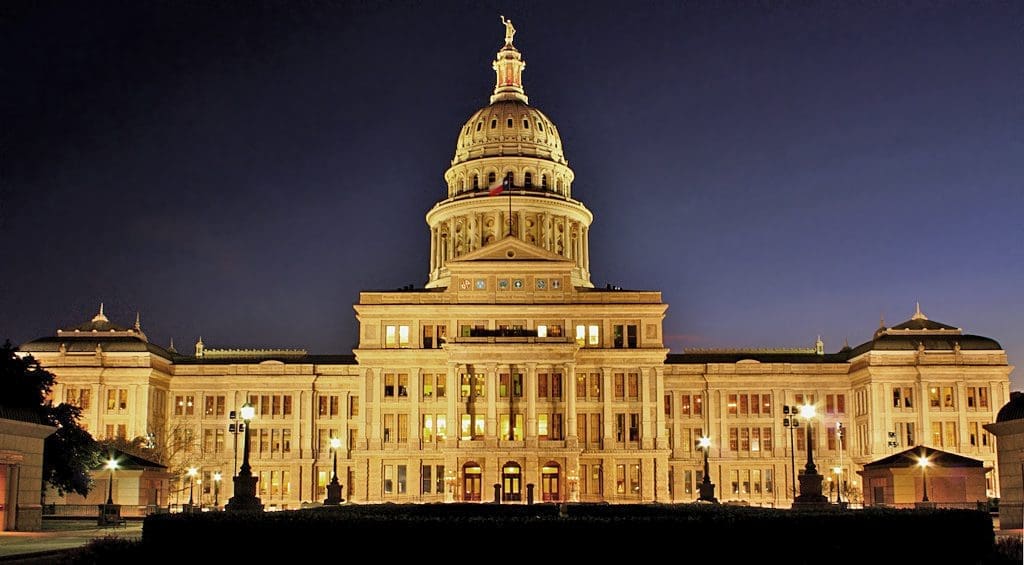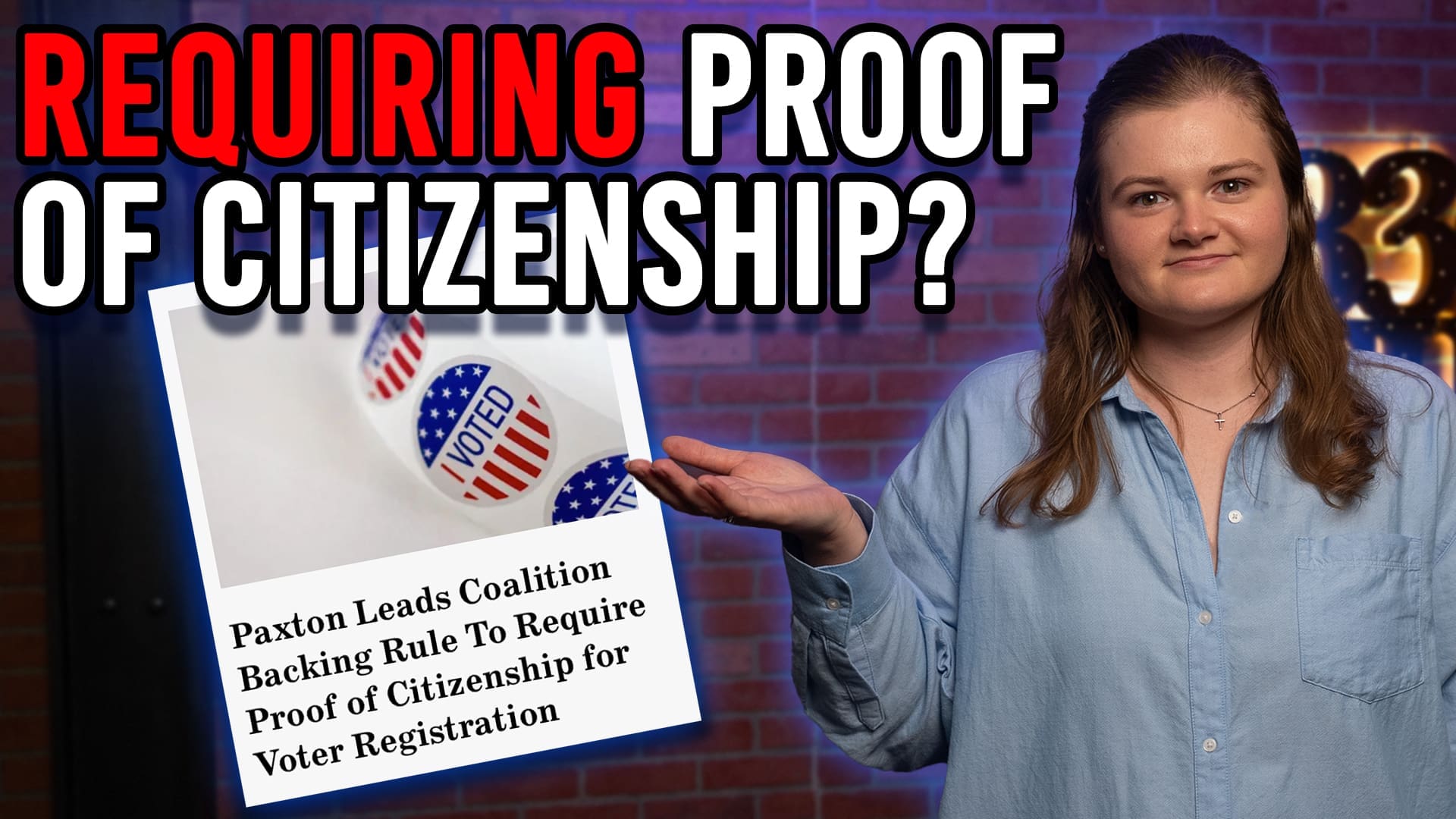The Texas House and Senate have adjourned sine die, bringing to a close the second special session of the summer called by Gov. Greg Abbott.
The session followed a tumultuous first special session in which Democrat members of the House broke quorum for two weeks to delay passage of a new congressional map. When lawmakers eventually returned for the second 30-day session, that map was quickly approved and sent to Abbott’s desk for his signature.
Much was made during the session of proposals to crack down on lawmakers who deliberately break quorum in the future. In the final hours, the House passed a resolution tightening its own rules to impose stiff new penalties, including fines, loss of leadership posts, budget cuts, and recalculation of seniority for absent members.
While redistricting was the original focus, Abbott had a variety of other issues on the call.
Lawmakers did manage to move several of Abbott’s priorities across the finish line. Measures were passed cracking down on abortion-inducing drugs delivered through the mail, advancing the Women’s Privacy Act to keep men out of women’s spaces, and restoring the authority of the attorney general to prosecute election fraud cases—power that had been stripped away by a previous court ruling. Additionally, lawmakers addressed flood control and emergency alerts systems, following the tragic July 4th flooding deaths in Central Texas.
Still, a number of high-profile items collapsed before reaching Abbott’s desk.
The push to end taxpayer-funded lobbying, a longtime grassroots priority that has cleared the Senate multiple times, was once again blocked in the House. State Rep. Ken King of Canadian, who chairs the House State Affairs Committee, refused to even grant the legislation a hearing.
Property tax relief also fell victim to gridlock between the two chambers. The Senate advanced a plan requiring voter approval before certain cities could raise property taxes, while House conservatives successfully amended the bill to apply more broadly across the state. The Senate balked at the change, and negotiations broke down without an agreement.
Another priority that failed to advance was legislation banning or regulating consumable THC products. After Abbott vetoed a similar measure earlier this year, Patrick had declared it a top priority for the special session. But despite his push, the issue never even came to a vote in the House.
With the gavel falling on the second special session, Abbott now faces a choice: call lawmakers back once again to address the unresolved agenda, or wait until the regular session in 2027 to try once more.
No ads. No paywalls. No government grants. No corporate masters.
Just real news for real Texans.
Support Texas Scorecard to keep it that way!





